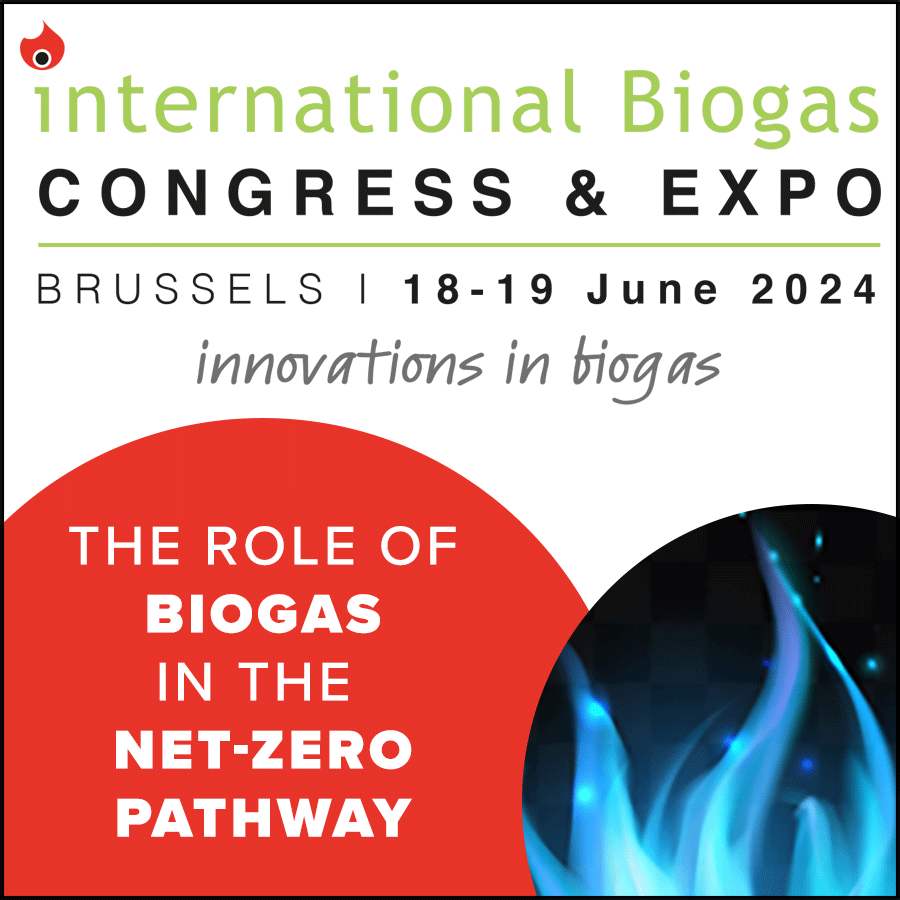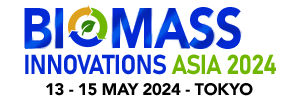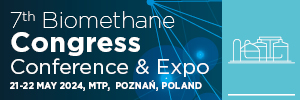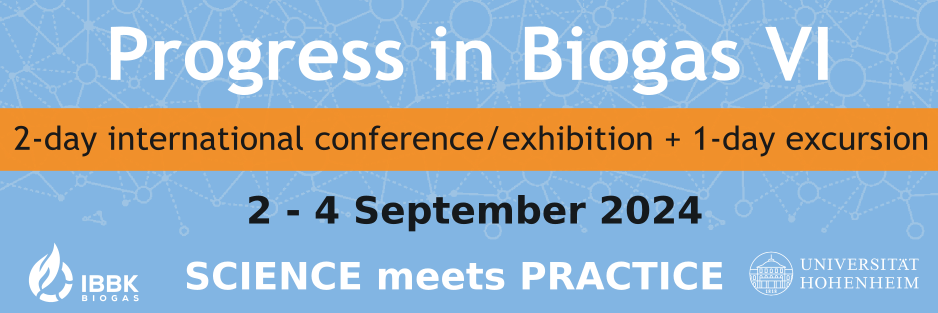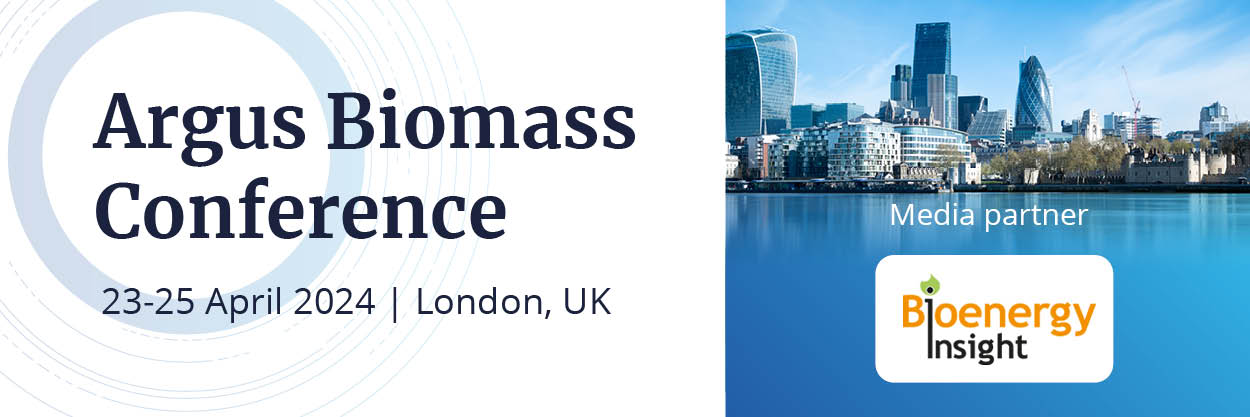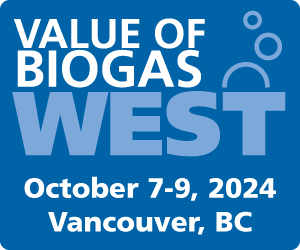Report: Ireland won’t meet 2020 renewables targets, biogas industry responds
The Sustainable Energy Authority of Ireland (SEAI) released its 2019 Renewable Energy In Ireland report, discussing Ireland’s progress with its 2020 renewables targets.
According to the report, only 10.6% of energy consumed in Ireland was sourced from renewables in 2017.
This makes Ireland 22nd of the EU-28 for its overall renewable energy share and 26th for the progress towards its 2020 energy targets.
SEAI states in its report that is clear and evident that Ireland will not be able to meet its 2020 targets, potentially placing Ireland in the position to receive fines from the EU.
Bioenergy Insight spoke with the president of the World Biogas Association (WBA), David Newman, on the report and the role in which biogas and anaerobic digesters could play in helping to overcome the ambitious goals of the EU Member States.
“Few countries in the EU are on track to meet their 2020 renewable energy goals. The UK, for example, has a commitment to a 15% renewable energy share that it is struggling to meet, while the Netherlands had achieved less than half its 2020 target by 2017, some 7% against its 15% ambition. It is therefore no surprise that this new report shows that Ireland is also not on track to meet its 2020 renewable energy goals across a range of sectors,” said Newman.
“We know, however, that wide-scale implementation of anaerobic digestion (AD) technologies is a solution that can help to reduce emissions across the Irish economy through converting organic wastes and crops into biogas, which can be used to produce renewable electricity or upgraded to biomethane to be injected directly into the gas grid and used as a low-carbon fuel for heavy transport.
“This SEAI report sets out how Ireland is already making use of biogas to reduce emissions across electricity, heat, and transport, but there’s huge scope for this innovative industry to play an even larger role in decarbonising the Irish economy through capturing methane from agriculture, sewage, and inedible food waste.
“We estimate that with the right policies and investment, AD has the potential to bring about an enormous 15% reduction in global GHG emissions. The Irish Government needs to think about how it can best facilitate the rollout of AD facilities to ensure that all available waste feedstocks are recycled and that biogas makes its maximum possible contribution to tackling climate change in Ireland.”
You can read the full report here.
